
Nobel Prize 2020: Another wasted opportunity to "decolonize" the award
The poet Louise Glück is an extraordinary writer. Those who are not so "extraordinary" are the members of the Swedish Academy.
It is not every day that a woman wins the Nobel Prize. In fact, it hasn't been 27 years since a female North American writer won it, when Toni Morrison took home the award in 1993.
Since then, we have attended ceremonies — some more controversial and dubious than others. Like in 2016, when Bob Dylan opened his mouth wide and perhaps hummed to himself Blowin' in the Wind as he won a Nobel Prize.
After the abuse scandals that tarnished the Swedish Academy, last year, two Central Europeans, Polish writer Olga Tokarczuk and Austrian Peter Handke, were honored for exceptional works and careers.
However, some critical voices were raised at the time to point out the historical inbreeding of the award.
"Although Tokarczuk and Handke are great writers, rewarding two Central European creators does not seem to be the best way out of the crisis of the Nobel Prize for Literature, which in 2017 awarded the medal to the British Kazuo Ishiguro. The jury betrays the two slogans that Alfred Nobel left in his will: the ideal should be rewarded from an international perspective. On the other hand, the award has not come out of Old Europe twice," said the Spanish writer and essayist Jorge Carrión in an article published by the Washington Post.
Now, fresh from this year's ceremony, Carrión continues to insist that the Nobel Prize has not just come out of the colonialist bubble.
"With the Nobel Prize in Literature going to the New York-born poet Louise Glück, the Swedish Academy is once again missing the opportunity to be truly global and post-colonial. Of the last winners, five write in English and two are from the United States: as inexplicable as it is sad," the writer complained on Twitter.
Con el Nobel de Literatura a la poeta Louise Glück, nacida en Nueva York, la Academia Sueca vuelve a perder la oportunidad de ser realmente global y postcolonial. De los últimos premiados, cinco escriben en inglés y dos son de los Estados Unidos: tan inexplicable como triste.
— Jorge Carrión (@jorgecarrion21) October 8, 2020
Among the more than a hundred Literature Nobel Prize winners since its creation, only six are Latin Americans: Miguel Angel Asturias, Pablo Neruda, Gabriel Garcia Marquez, Octavio Paz, Mario Vargas Llosa and Chilean Gabriela Mistral.
Mistral was the first Latin American female writer to win a Nobel Prize and one of the now 16 women to have won the award if we count the newest winner, Louise Glück.
RELATED CONTENT
Glück is not well known to international readers — her nomination in Spain surprised many, who claimed on social media not to have heard of the writer even though some of her books have been published in Spanish by publishers such as Pre-Textos.
However, the 77-year-old New Yorker is a leading figure in American poetry and has won both the Pulitzer Prize and the National Book Award with works that address everything from childhood to family life and death, often reworking Greek and Roman myths.
Nothing to add about her well-deserved medal to such masterful works as Avernus or The Wild Lily, which critics say raise the writer to the level of Emily Dickinson.
However, it is worth asking if voices like Carrión's are right, especially when the Nobel Prize is not just a prize for an entire career, but for a writer's contribution to world literature. It is also a highly-politicized prize that cannot be separated from the international context.
What does it mean, then, that Louise Glück has won the Nobel Prize at a time like this?
On the one hand, that we need, like water, a language that underpins the truth as the writer does, that re-signifies the Word. On the other hand, that Europe continues to look at Europe and sometimes at America, while the authors of color and/or those from countries that have always been pawns on the chessboard of colonialism, continue to be a minority.
In a verse of the poem 'First Snow' (A Village Life), Louise Glück writes:
Like a child, the earth’s going to sleep,
or so the story goes.
But I’m not tired, it says.
And the mother says, You may not be tired but I’m tired—.



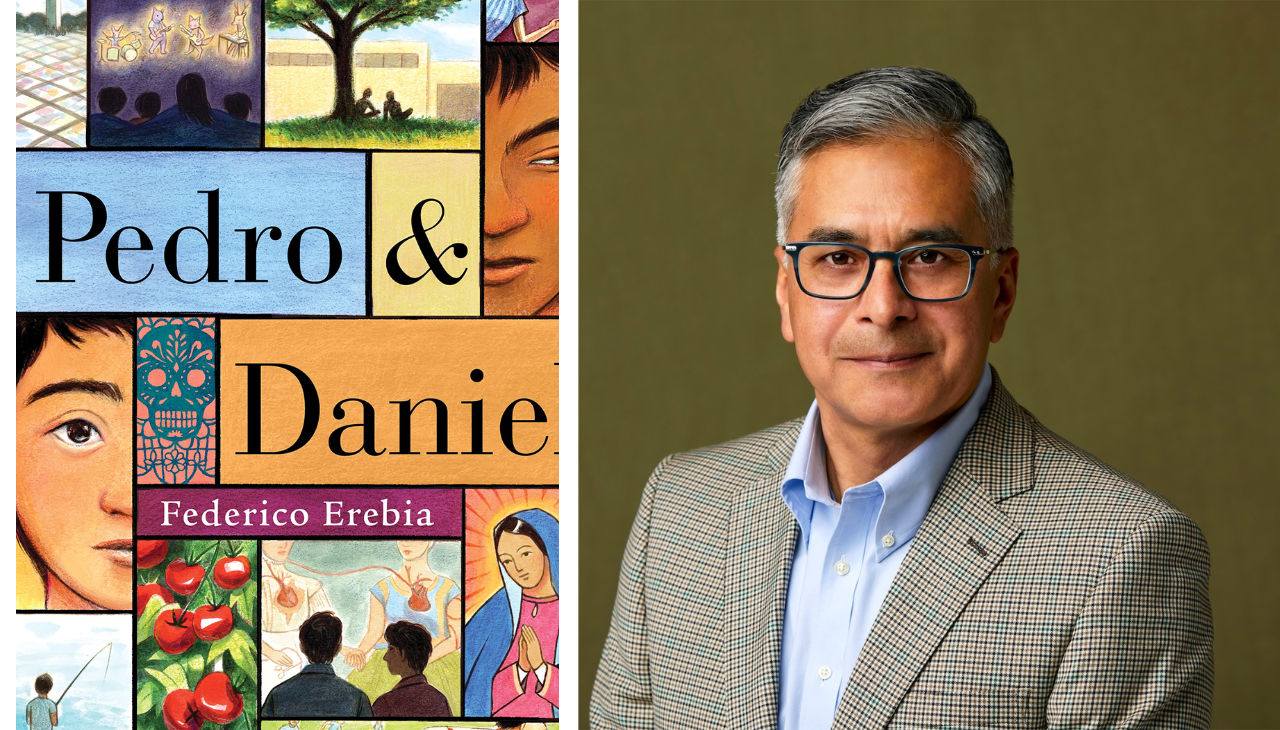
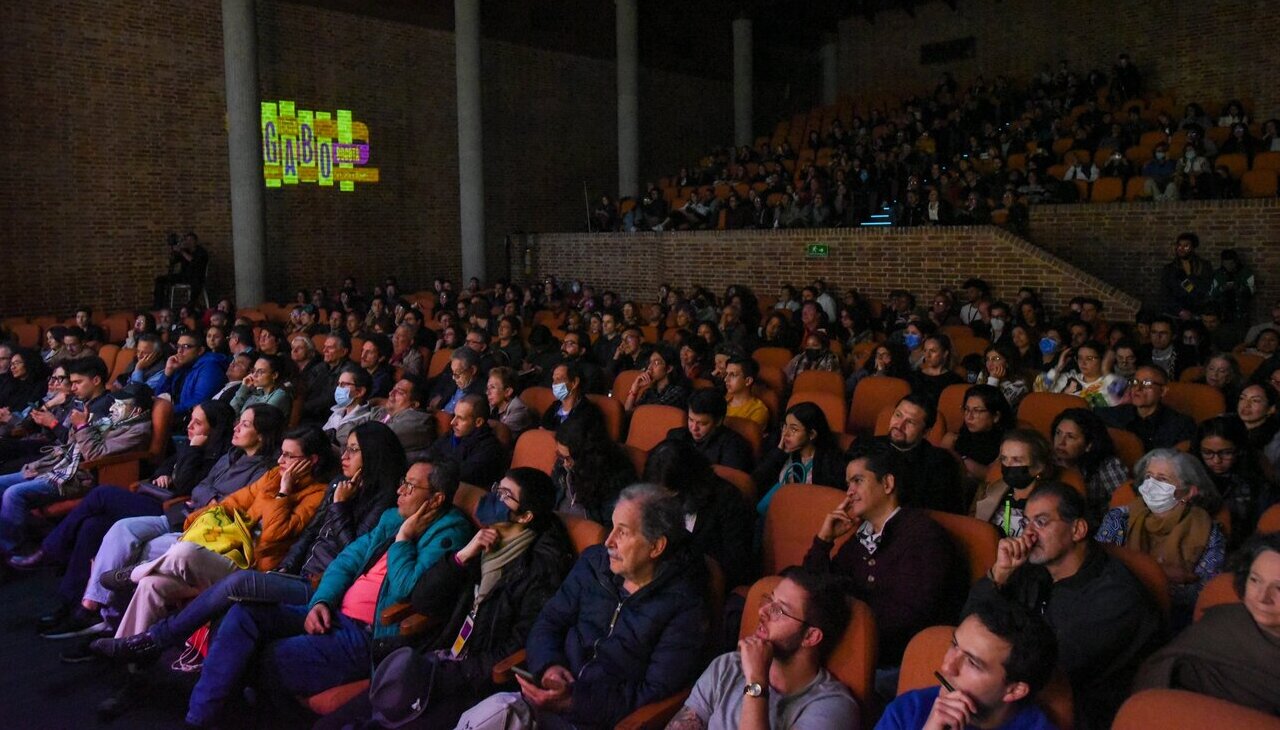
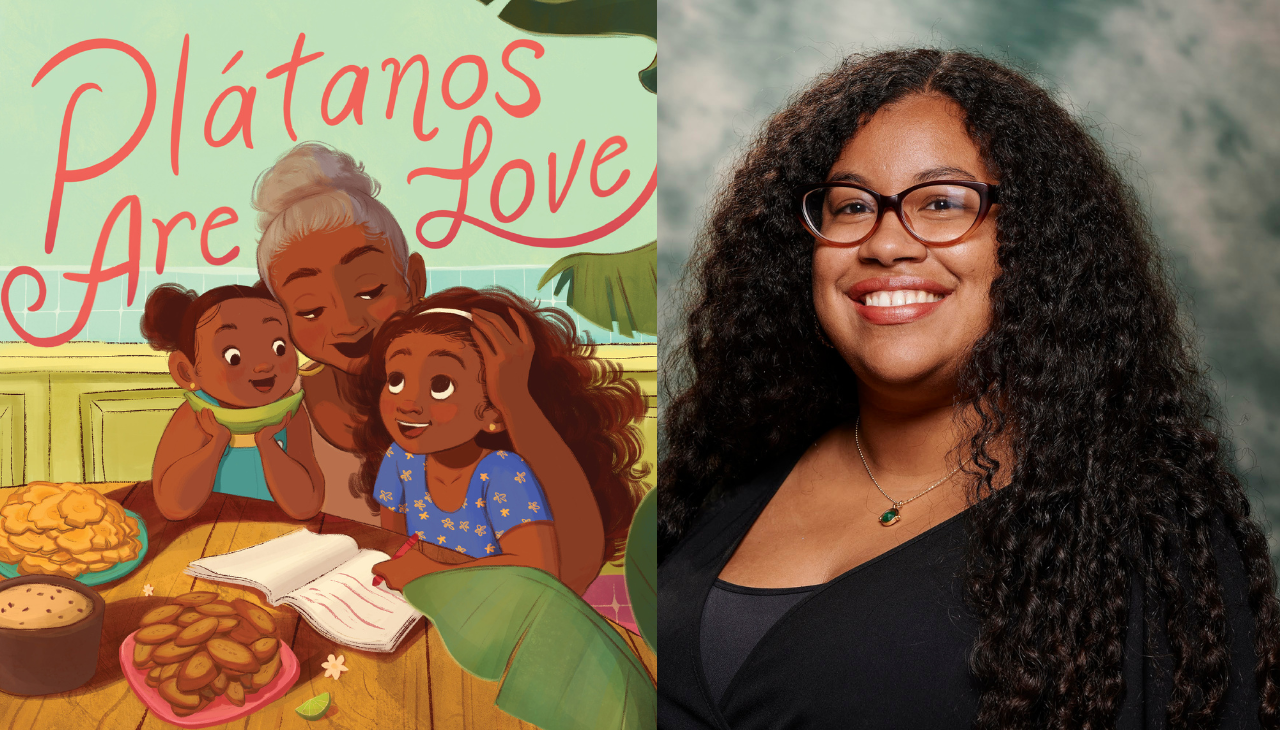
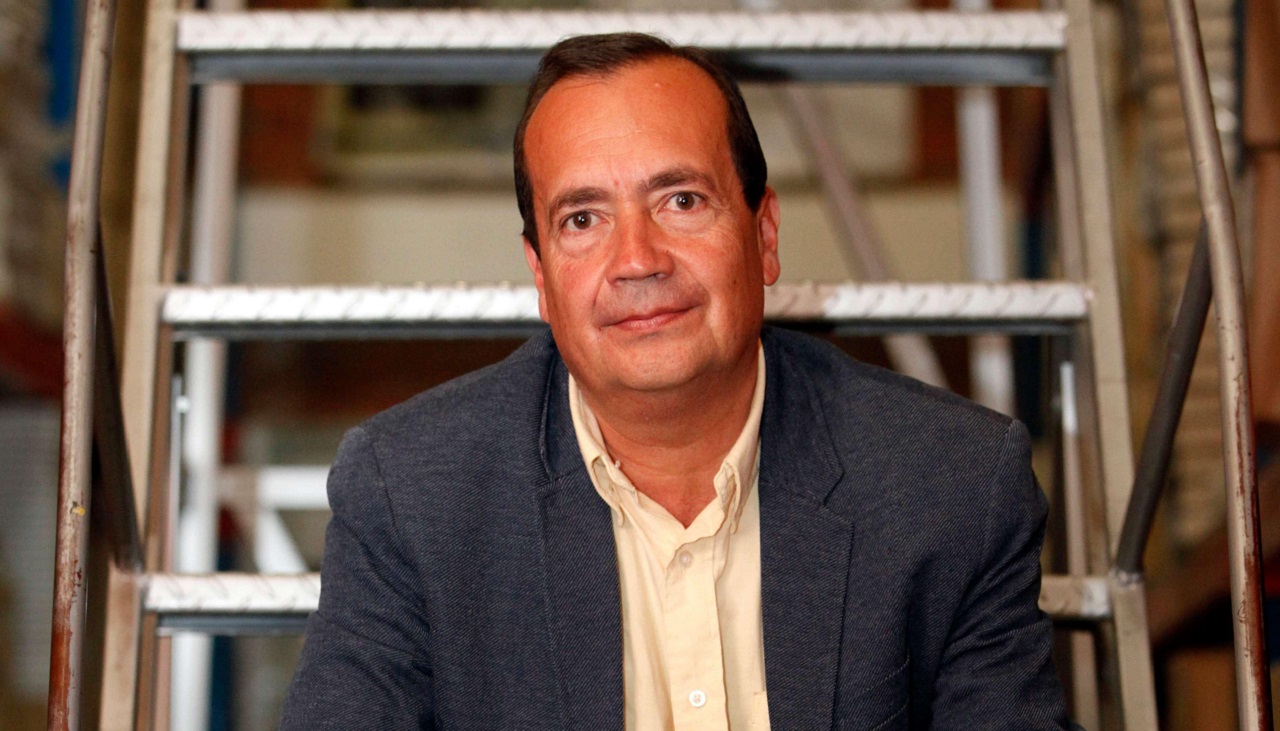
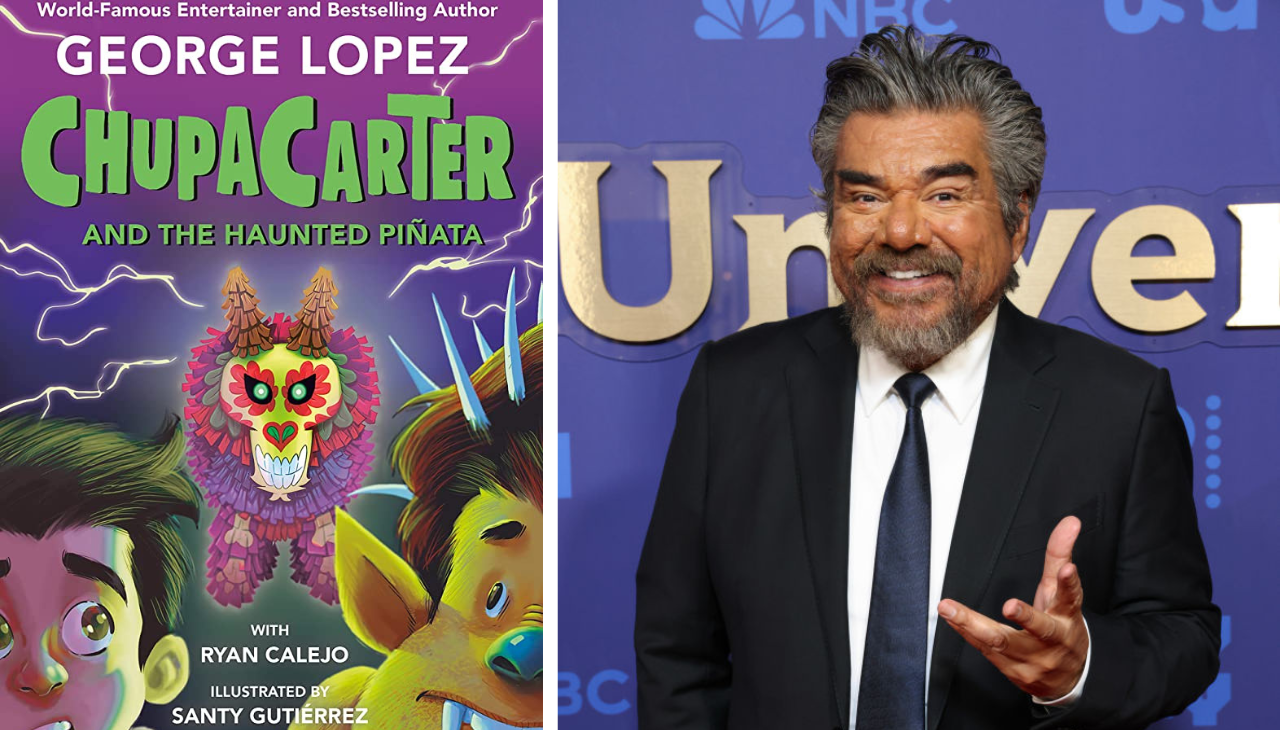

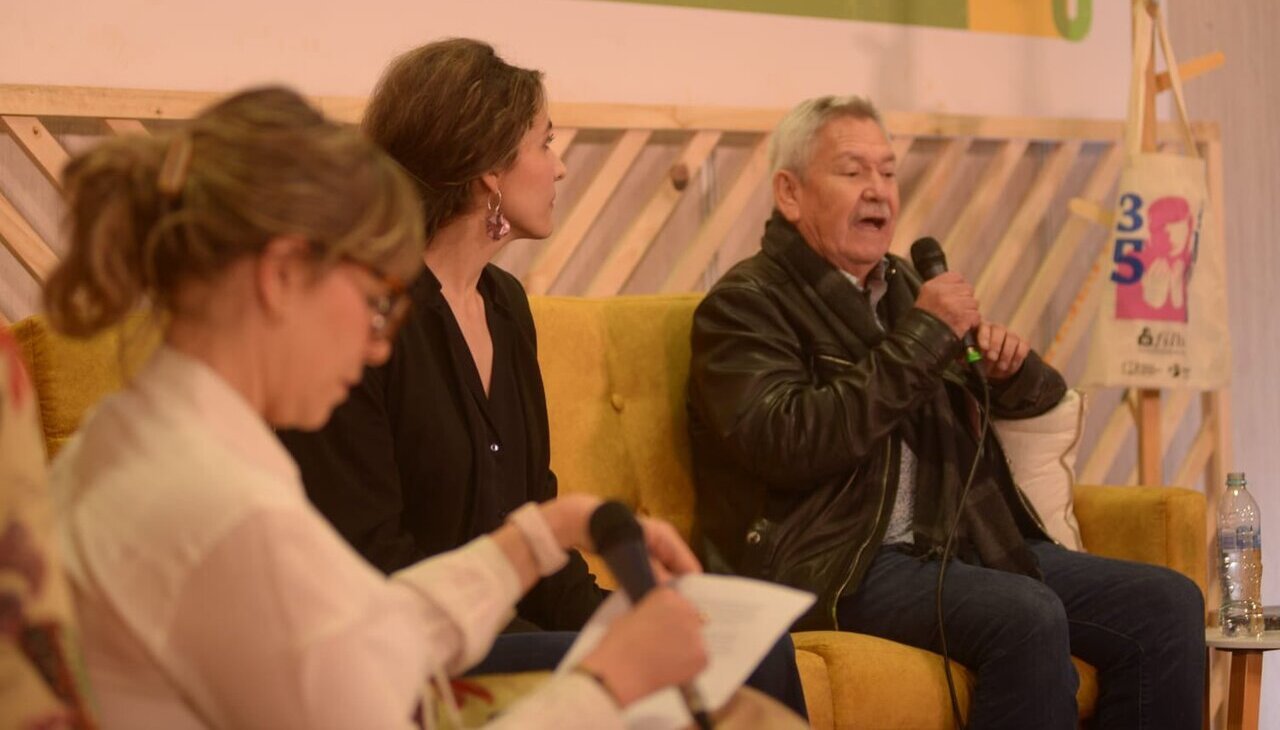

LEAVE A COMMENT:
Join the discussion! Leave a comment.